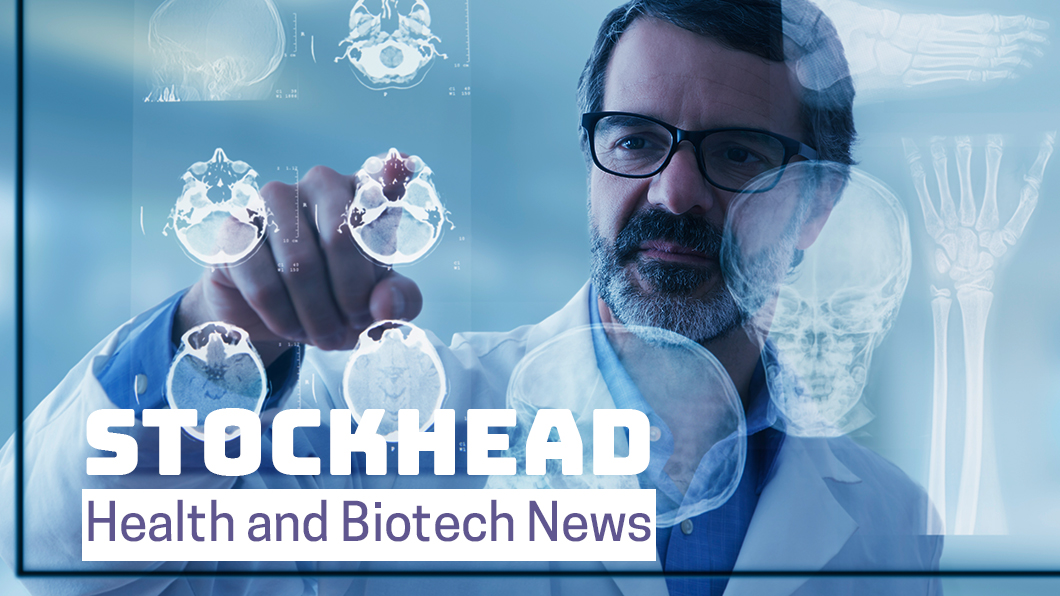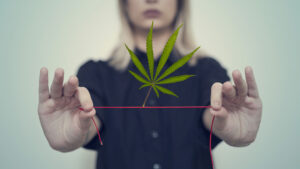The Pot Seat: Medlab’s Sean Hall on why marijuana is a better bet than hemp

Pic: REB Images / Tetra images via Getty Images
Hemp is never going to be as ‘good’ for you as marijuana, because it’s been grown for very different reasons.
Medlab Clinical (ASX:MDC) Dr Sean Hall argues that a centuries-old breeding process that has strengthened and weakened different traits in both plants, and this means marketers’ health promises about hemp will fall short.
“There are fundamental differences [between the plants] that we’re not talking about,” he told Stockhead.
“We have bred hemp as an industrial plant… [so] when it comes to the bioavailability of cannabinoids, marijuana is far more superior to hemp.”
Marijuana and hemp are two varieties of the cannabis species.
What does all this mean?
It all comes down to genes.
From 2015, researchers in the US and Canada began publishing papers outlining the genetic differences between hemp and marijuana.
A group of high profile Canadian researchers found that marijuana has the genes to make psychoactive THC while hemp has the genes to make cannabidiol (CBD).
Each plant produces higher concentrations of the one they’re genetically coded to produce. In the case of hemp, it produces negligible amounts of THC — which is one reason why it’s been okay’d in places like Australia and the US for industrial cultivation.
Around the same time researchers from the University of Minnesota said marijuana was distinguished from hemp by an enzyme “that appears to have been positively selected to enhance psychoactivity”.
Both papers suggest the reason for this genetic divergence is that marijuana has been grown for the ‘high’ while hemp has been grown for the fibre and the edible seeds.
Hemp CBD won’t give you the same effects as marijuana CBD
While knowing how an increasingly important plant is built is useful for scientists, it’s also good for consumers.
“Marijuana is giving us a very different biosynthesis profile and gene expression than hemp,” Dr Hall said.
“There’s no proof on this yet, it’s still a hypothesis, but you have the hemp boys talking a lot about entourage effects…”.
Because hemp has been genetically selected not to have certain cannabinoids, the ‘entourage effects’ from hemp products cannot be the same as from marijuana.
In short, be wary of hemp CBD products sold as having the same health benefits as marijuana CBD.
According to Dr Hall, it’s not possible for them to do the same thing because hemp doesn’t have the genes to produce the same cannabinoids in similar quantities as marijuana.
Does 2+2 really = 9?
The ‘entourage effect’ is an idea taken from alternative medicine. It holds that all of the components of a plant work together to produce a stronger effect than any one of those components alone.
Proponents say there is mounting evidence to support the idea that cannabis products that use the whole plant are more effective than drugs that use a synthetic or a single isolated cannabinoid.
Opponents says whole plant treatments will be virtually impossible to get past regulators like Australia’s TGA or the US FDA.
Dr Hall is in the purified cannabinoid camp rather than on Team Whole Plant.
“Guys who take the botanical route are going to have a problem with any drug regulator because the scope for botanical is just severe,” he said.
“From a medical perspective, how do you know what you’re giving the patient, what they’re absorbing, and how it’s affecting other medications they’re on?
“The answer is, you don’t.”
That’s because each individual cannabinoid — all 85+ of them — must be tested individually and together.
Show me the registered drug money
Dr Hall’s company Medlab is looking to have Nanabis, a CBD/THC mouth spray, approved as a registered drug in Australia, the US and Europe by 2023.
Citing a report Medlab commissioned, he compared its revenue potential, after they get registered drug status, to cholesterol medication Lipitor. Between hitting the market in 1996 to going completely off-patent in 2012, Lipitor made Pfizer about $125 billion in sales.
A registered drug is something like cannabis epilepsy treatment Epiodiolex, or Panadol, which has been put through rigorous clinical trials.
Nanabis is on an assisted registration track in Europe, on the unregistered medicine Special Access Scheme (SAS) in Australia, and Medlab is in further talks this week with the FDA for the first stage of US trials, an Investigational New Drug (IND) application.
Dr Hall says they are choosing to focus on the registered rather than the unregistered drug market, even though they’re selling Nanabis through SAS.
“If you run it too early you give it away too much of your intellectual property, especially while you’re doing trials. So you potentially dilute the product [and later sales potential].”
It also becomes difficult to raise the price tag after you get the ‘registered’ tag when people are used to paying a cheaper price for the unregistered product.
UNLOCK INSIGHTS
Discover the untold stories of emerging ASX stocks.
Daily news and expert analysis, it's free to subscribe.
By proceeding, you confirm you understand that we handle personal information in accordance with our Privacy Policy.








